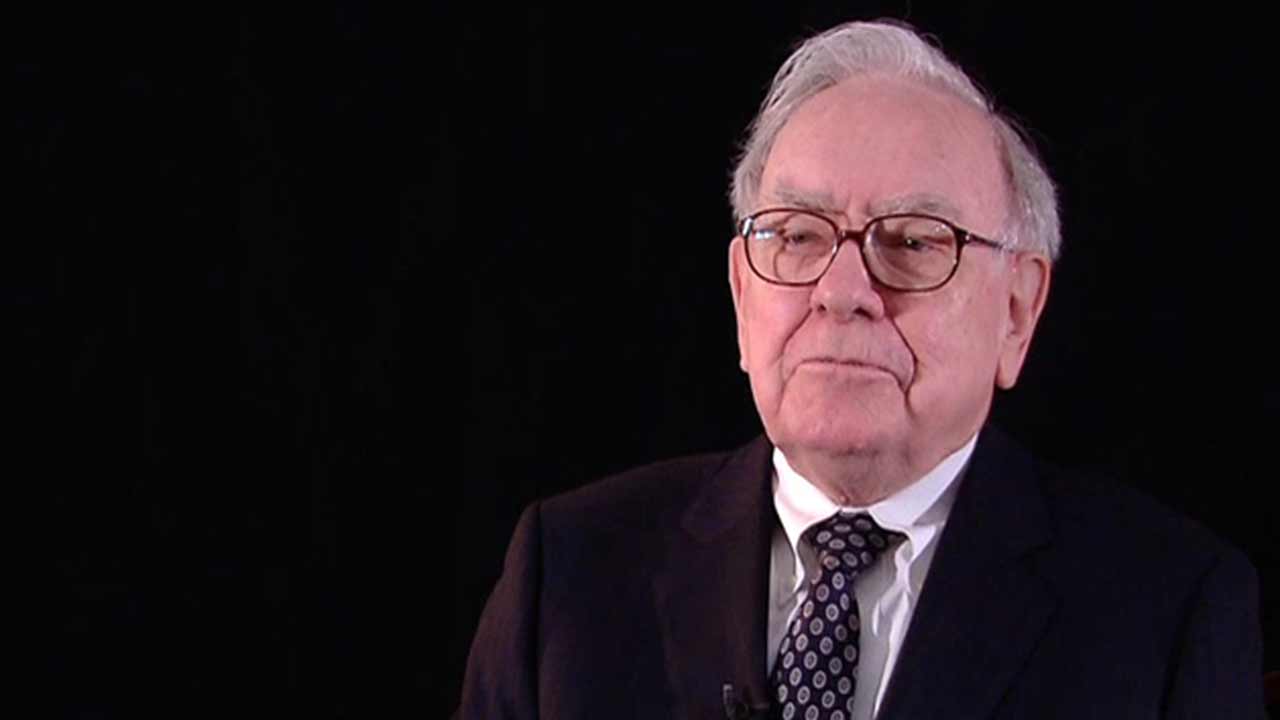Warren Buffett, renowned for his investment acumen, also offers valuable insights into estate planning that resonate beyond the affluent. His straightforward advice is particularly pertinent for middle-class families aiming to ensure clarity and harmony in their legacy planning.
Encourage Open Discussions About Your Will

Buffett recommends that parents share their wills with their adult children before finalizing them. This proactive approach fosters transparency, allowing for questions and discussions that can clarify intentions and prevent misunderstandings later on. By involving family members in these conversations, parents can ensure their decisions are understood and respected.
Such openness not only demystifies the estate planning process but also strengthens familial bonds. It transforms what could be a source of conflict into an opportunity for unity and shared understanding.
Regularly Review and Update Estate Plans

Life is dynamic, and so should be your estate plan. Buffett emphasizes the importance of revisiting and updating your will periodically to reflect changes in circumstances, relationships, or laws. This practice ensures that your estate plan remains aligned with your current wishes and family dynamics.
Regular reviews can also provide opportunities to discuss any changes with your family, maintaining the transparency that Buffett advocates for and minimizing potential surprises.
Balance Generosity with Responsibility

Buffett believes in providing heirs with enough resources to pursue their ambitions without diminishing their drive. He suggests that leaving children “enough to do anything, but not enough to do nothing” encourages responsibility and personal growth.
This philosophy can guide parents in structuring their estate plans to support their children’s futures while promoting independence and accountability.
Implement Checks and Balances in Decision-Making

To prevent potential conflicts and ensure thoughtful decision-making, Buffett has included provisions in his estate plan that require unanimous agreement among his children for philanthropic decisions. This approach encourages collaboration and prevents unilateral actions that could lead to disputes.
Incorporating similar checks and balances in your estate plan can promote fairness and collective responsibility among beneficiaries.
By adopting these principles, middle-class families can create estate plans that reflect their values, promote harmony, and provide clarity for future generations.

Alexander Clark is a financial writer with a knack for breaking down complex market trends and economic shifts. As a contributor to The Daily Overview, he offers readers clear, insightful analysis on everything from market movements to personal finance strategies. With a keen eye for detail and a passion for keeping up with the fast-paced world of finance, Alexander strives to make financial news accessible and engaging for everyone.


